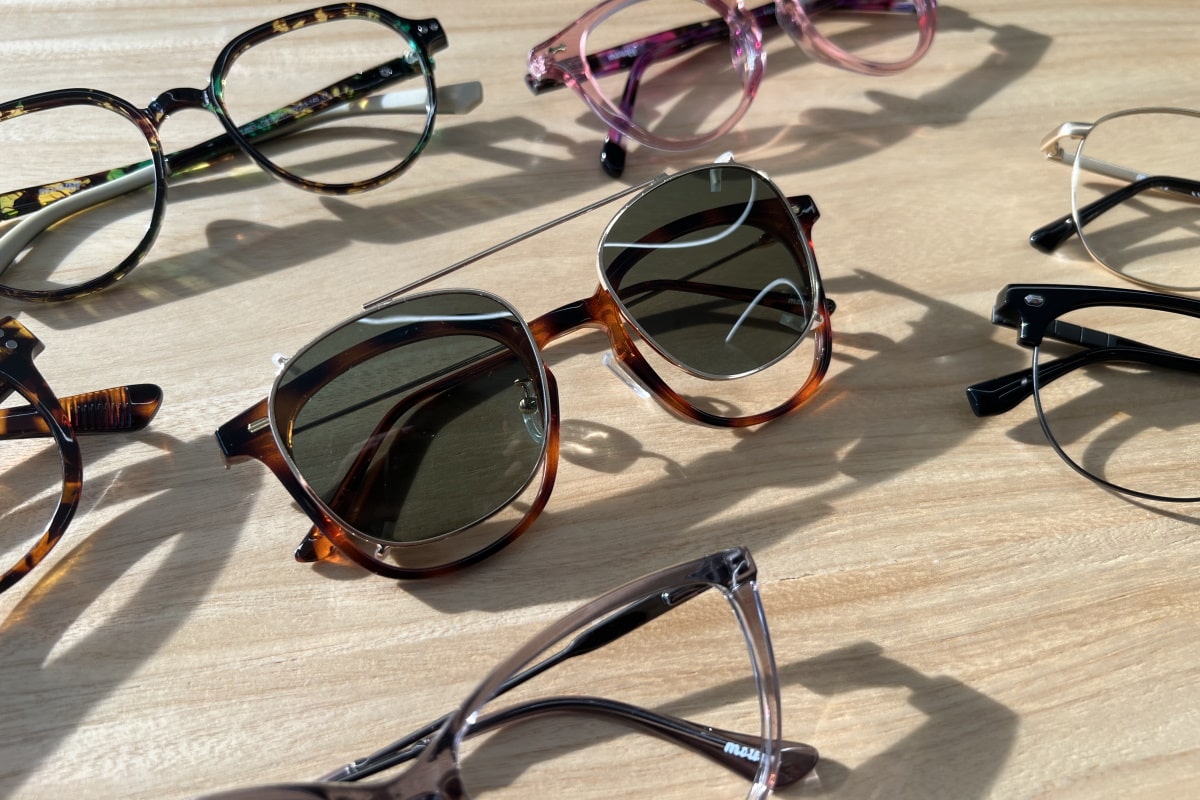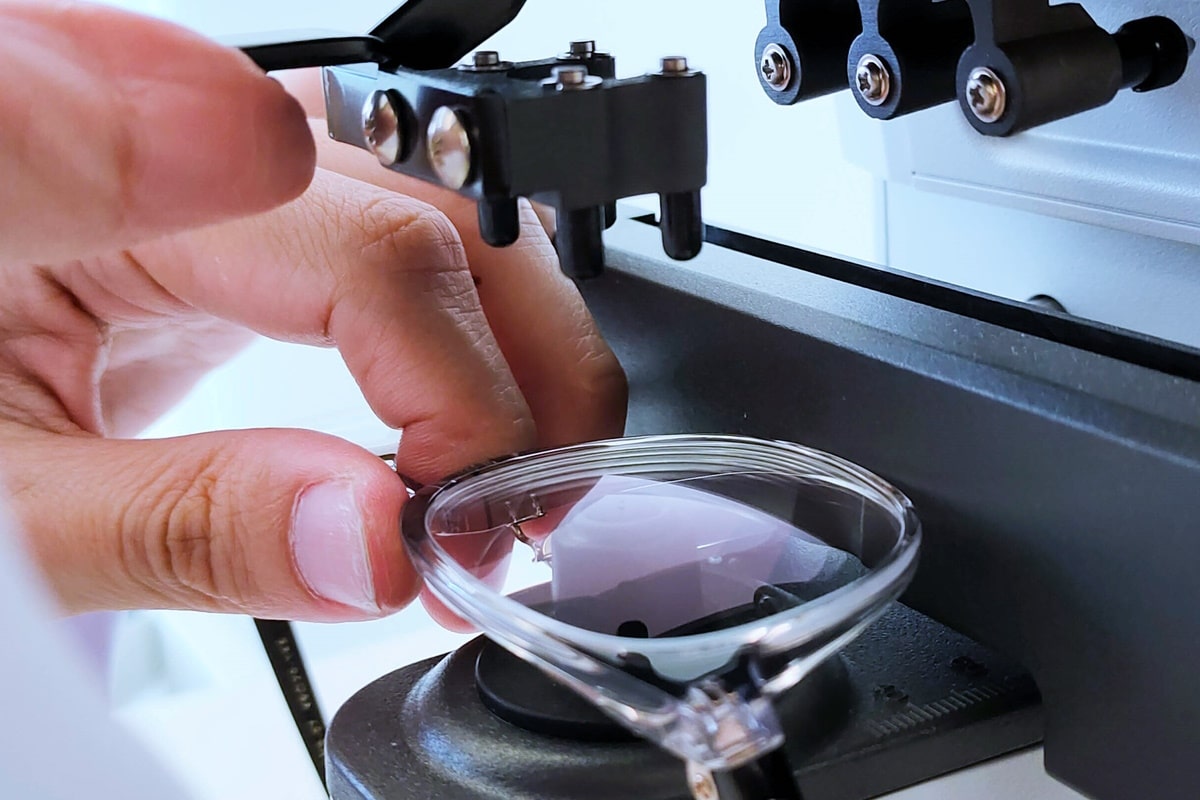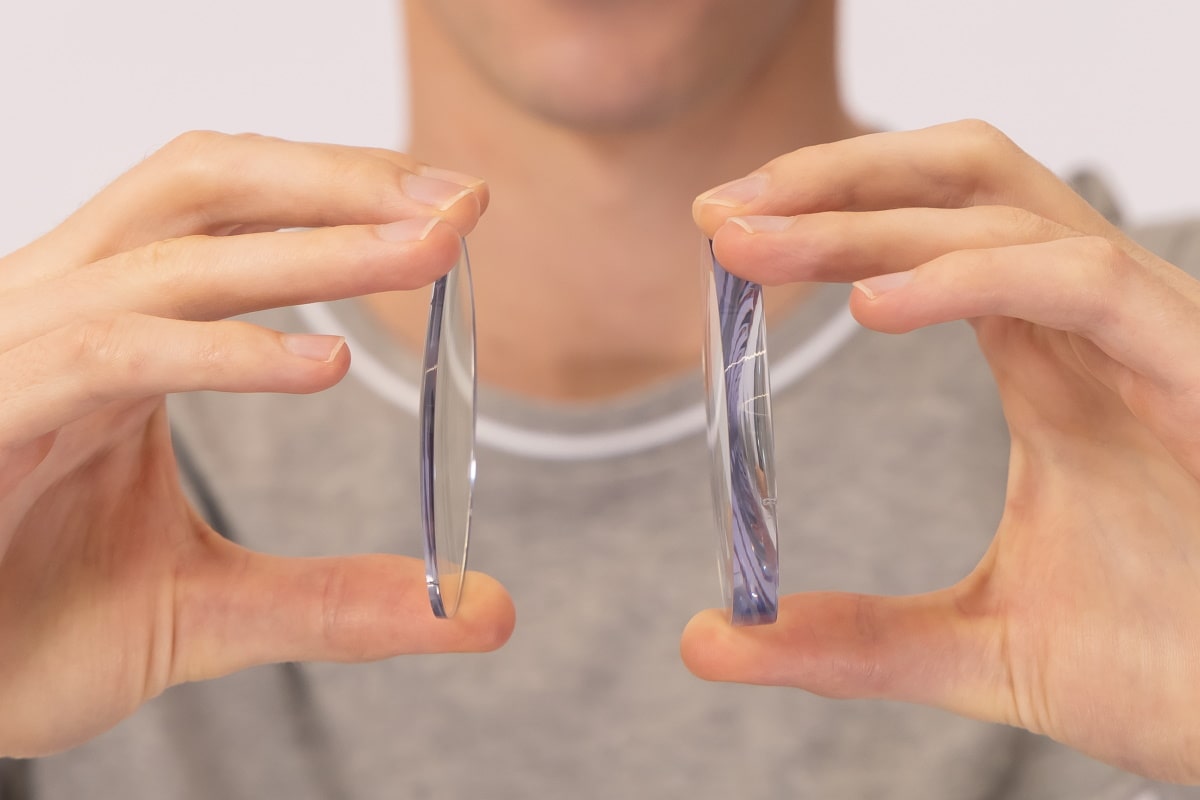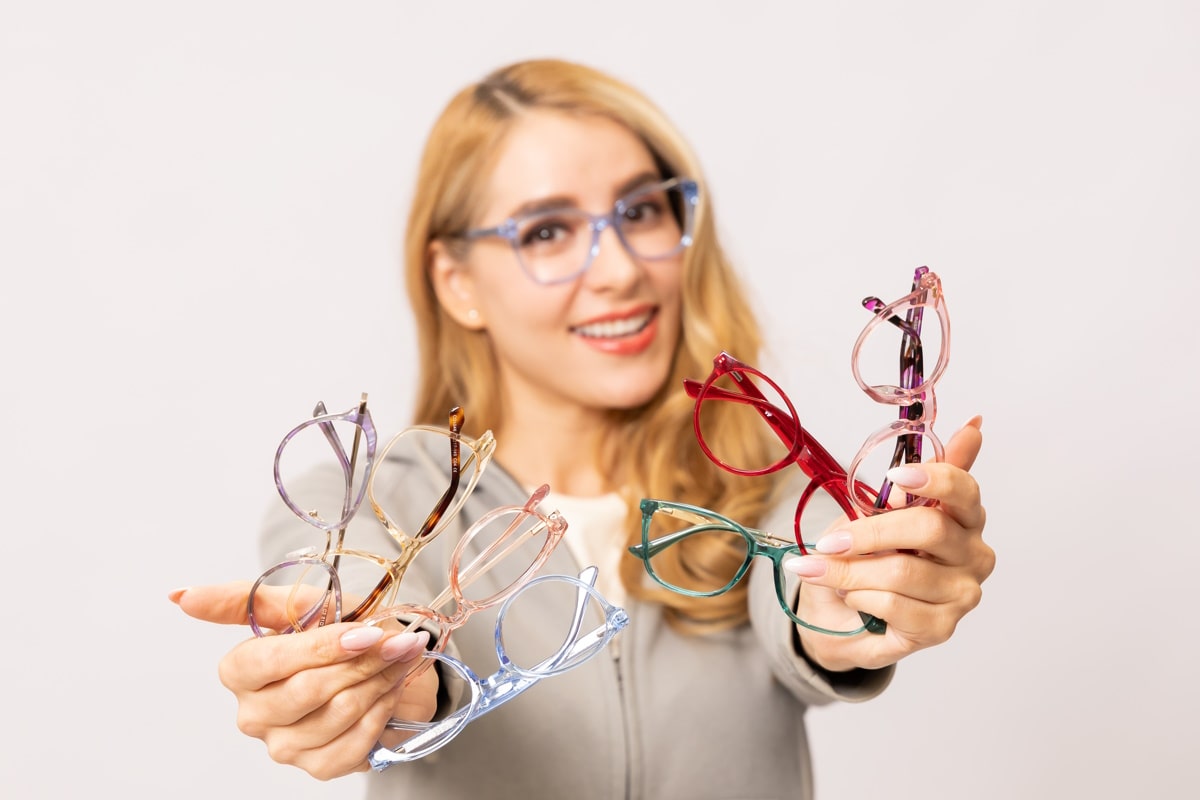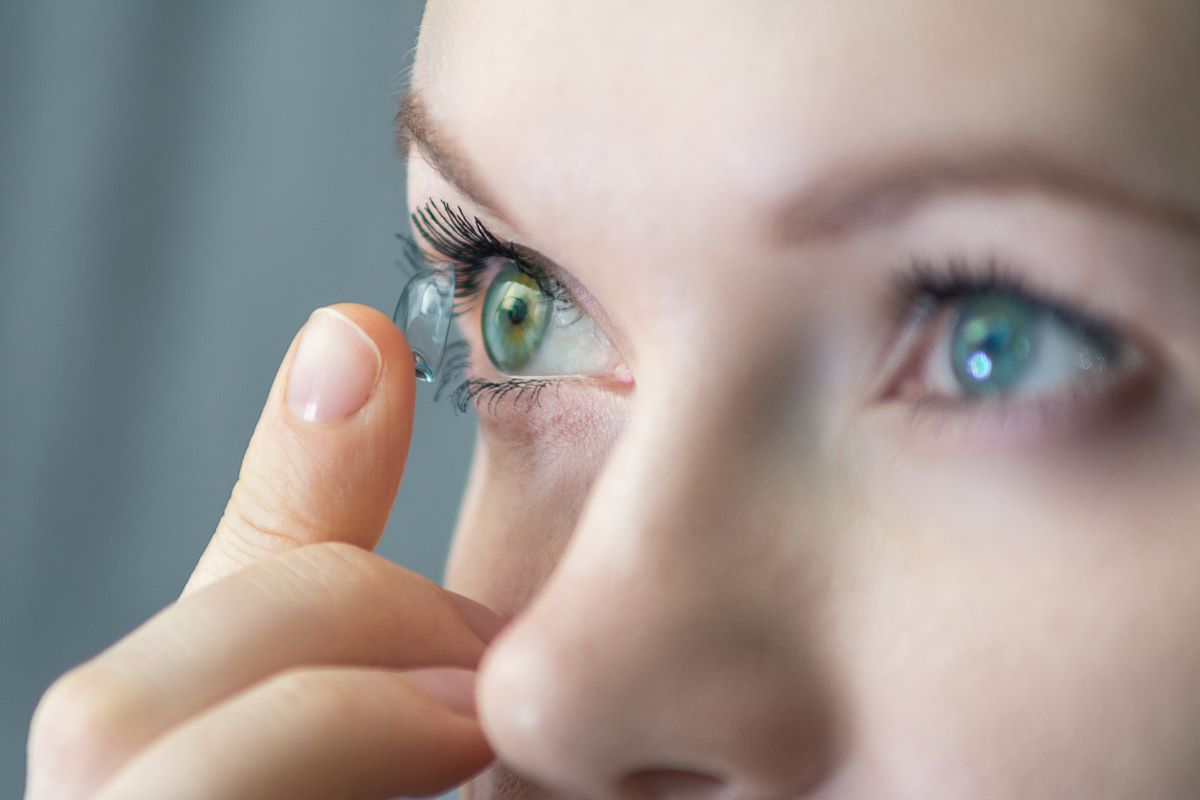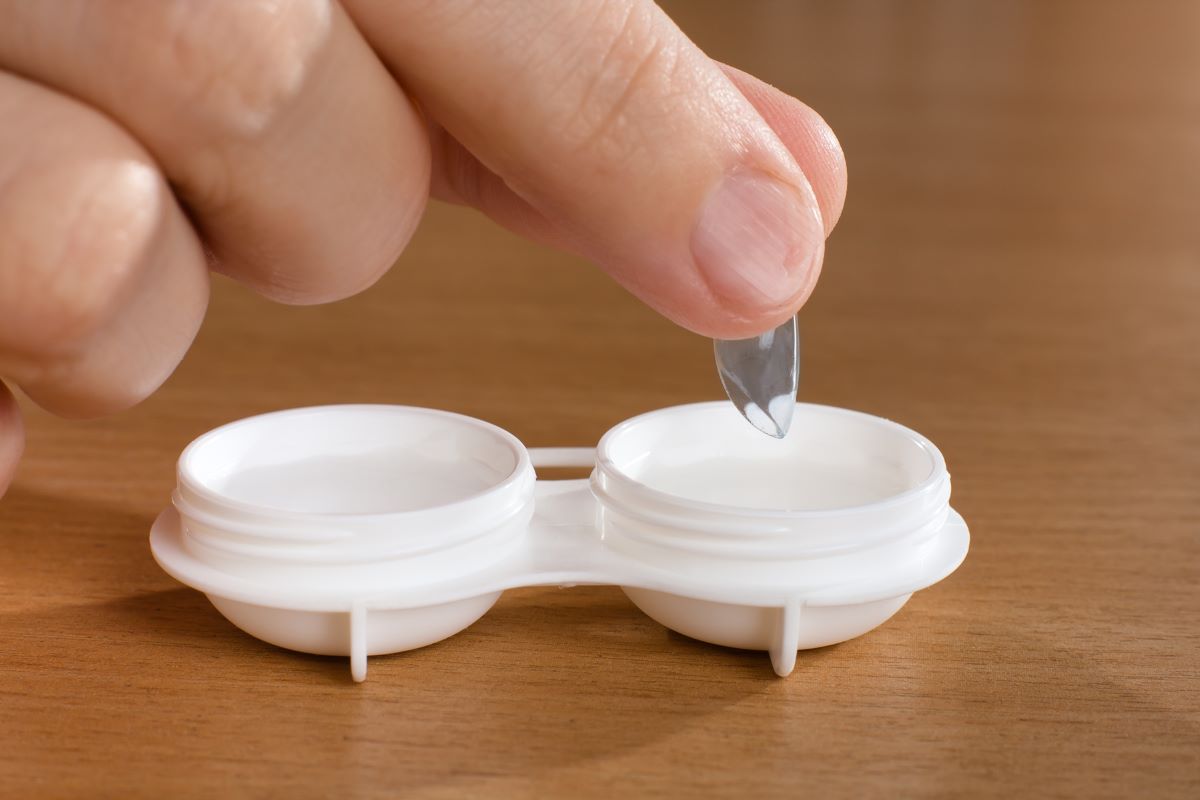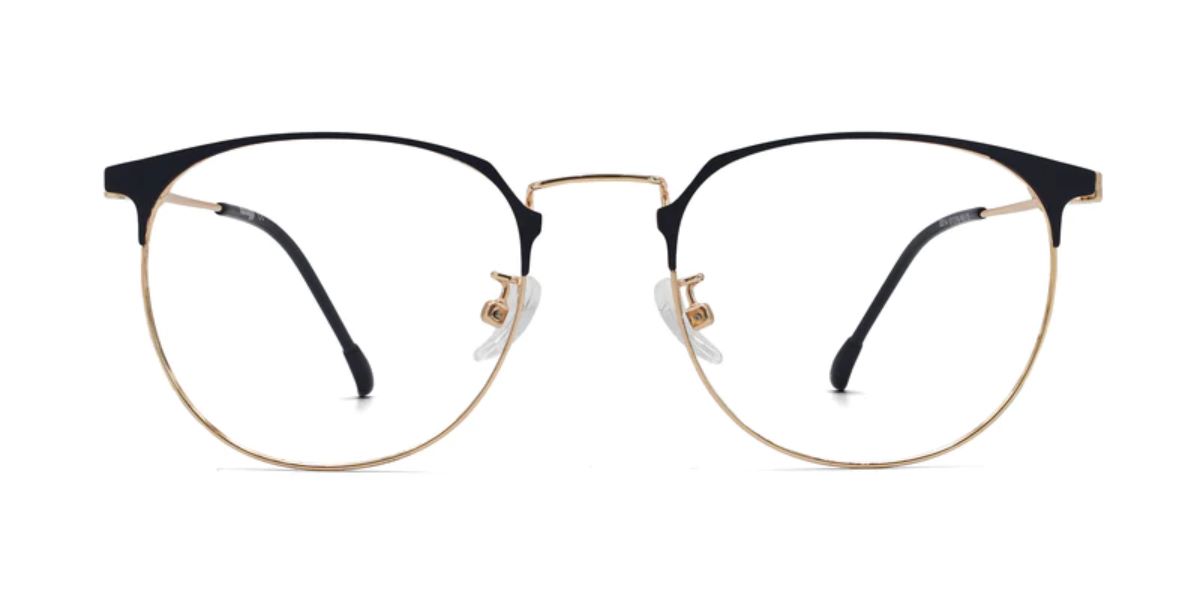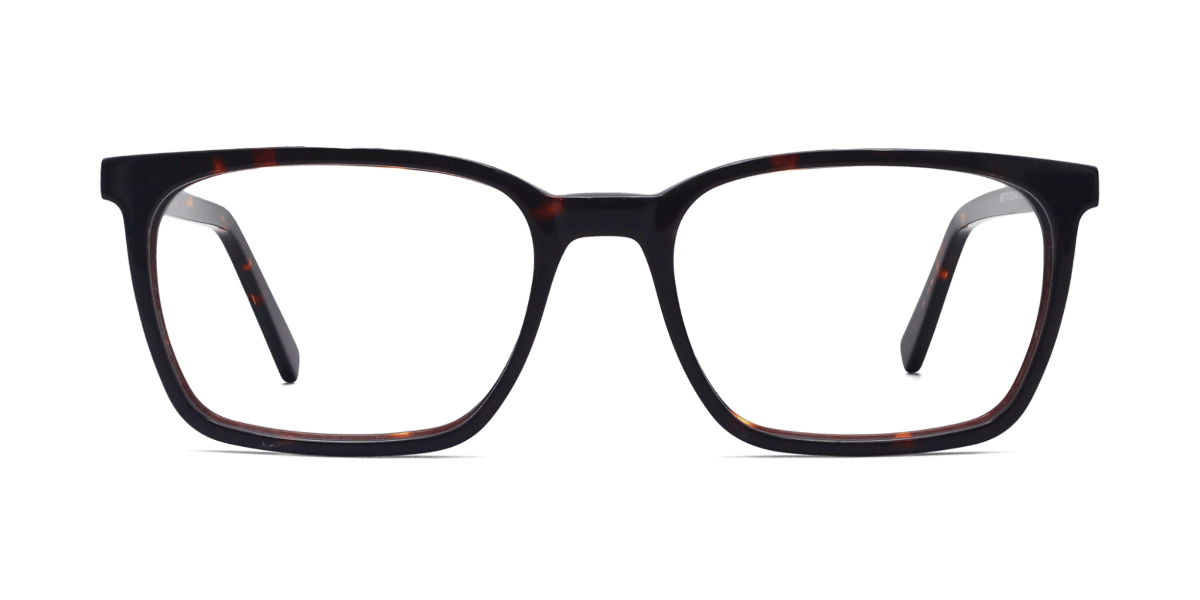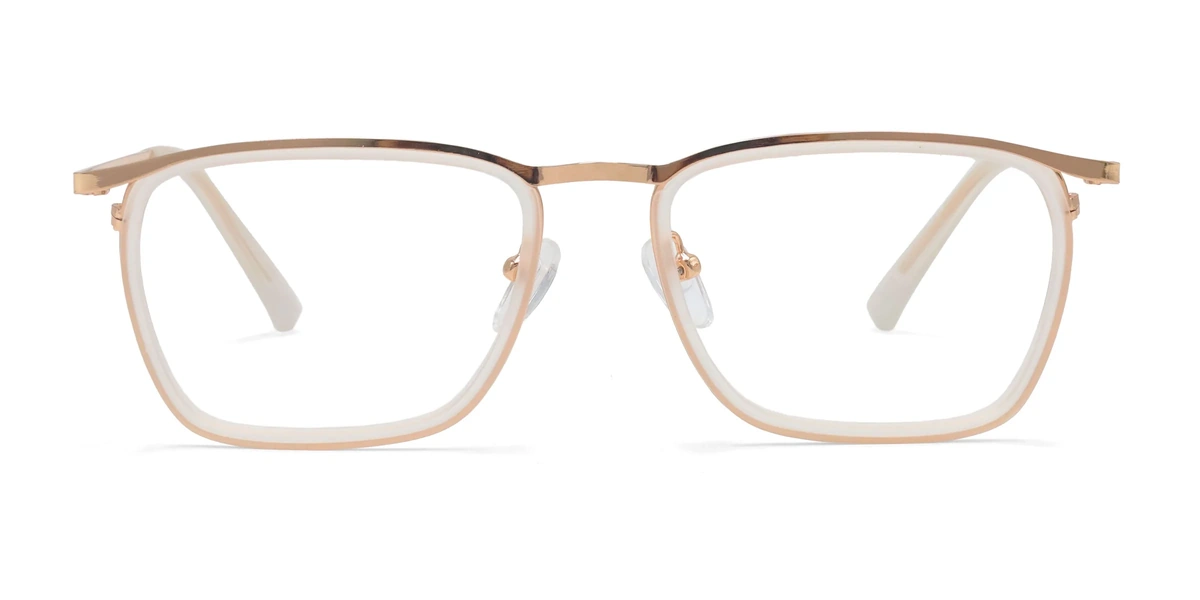Can You Sleep with Contacts in?
If you’re like many people, a midday nap sounds incredibly appealing; but if you wear contacts and have wondered whether it’s safe to catch some zzzs with them in, then this article is for you.
In this post, we’ll dive deeper into the answer to the question, “Can you take a nap with contacts in?”
The potential risks of sleeping with contacts in
The cell in our body relies on oxygen to survive, and blood is typically how this vital element gets delivered. However, the cornea in your eye doesn’t have blood vessels, so it gets oxygen from the air and your tears.
A contact lens can be a barrier between the cornea and the atmosphere. It also reduces tear production. That means it can prevent the cornea from getting enough oxygen, resulting in corneal swelling. The inflammation causes corneal clouding, discomfort, and poor vision. It may even lead to permanent corneal damage and vision loss.
When you sleep, your cornea gets oxygen from your tears. However, without blinking, your tear production is reduced. If you wear contacts while sleeping, they will cause even more reduction in the tears you make. That means your cornea won’t get the oxygen it needs.
Also, airborne pollutants can settle on your contact lenses during the day. If you don’t remove your contacts before bed, they can become a breeding ground for bacteria. Additionally, sleeping with contacts significantly reduces the production of tears, which are needed to eliminate pathogens and provide oxygen to your eyes.
The combination of pollutants, decreased tears, and the lack of movement in your eyes and lids while sleeping creates an environment where bacteria thrive. That means you’re more prone to infections if you keep your contacts in while sleeping.
Users of extended-wear contacts have a higher risk of eye infections because they don’t have to take off their lenses before hitting the sack. This type of contact lens can be worn non-stop for up to seven days and removed on the seventh night.
If bacteria gets trapped in the lens, it will have more time to grow, reproduce, and cause havoc on the eye.
Common eye infections caused by wearing contacts while sleeping
Not removing your contact lenses before sleeping increases your risk of eye infections. Here are some of the more common ones:
Bacterial infections
Contact lens wearers need to be careful of bacterial keratitis. This cornea infection can cause permanent vision loss if not addressed quickly and correctly – so take care when putting in or removing your contacts.
Soil, water, and our bodies can transfer bacteria like Pseudomonas or Staphylococcus onto poorly cleaned lenses. Even using tap water instead of the lens solution increases the risk of this potentially sight-stealing condition.
Fungal infections
Untreated fungal keratitis can rob you of your sight – a problem especially common in tropical climates. The fungi causing this corneal inflammation often come from the Candida, Fusarium, and Aspergillus species.
Treatment typically involves antifungals, but more severe cases may need surgery or a transplant. Your risk is greater if you wear contact lenses or if an eye injury involving plants occurs; think sticks and thorns.
Acanthamoeba keratitis
Most people (85%) who get this cornea infection are contact lens wearers. Despite being a tiny organism found naturally in bodies of water, soils, air conditioning systems, and hot tubs, Acanthamoeba has caused serious damage to many people’s eyesight by entering through eye scrapes or contact lens solutions.
To reduce your risk for this condition, you must take extra precautions with contact lenses – no swimming or sleeping while still wearing them. Overnight wear deprives the cornea of oxygen, weakening its natural defense against the microorganism.
How long is it safe to wear contacts before taking them out?
To answer this question, you must know what lenses you use—daily or extended-wear contacts.
You can use daily wear lenses all day long but must remove them before sleep. Some people wear them for up to 16 hours. Generally, that is safe, but eye experts suggest removing contact lenses as soon as possible to let your eyes breathe.
These lenses have two types: daily disposables, which offer a more hygienic option and can simply be thrown away after use each day, and daily wear, which requires nightly cleanings yet allow an economical approach by being replaced every couple of weeks.
Extended-wear contact lenses may be pricier than most, but they offer some benefits. These silicone hydrogel contacts can stay in your eyes while sleeping for up to a week (some brands say up to two weeks).
Proper contact lens care and hygiene
Properly cleaning and disinfecting contact lenses is essential to maintain good eye health. Some ways to improve lens hygiene include;
- Before removing, touching or handling contact lenses, wash your hands using soap and water for at least 20 seconds before drying them off with a lint-free towel.
- Give contacts a little rub and rinse in some lens solution. With clean fingers, use gentle pressure to remove any dirt or debris from their surface.
- Always use fresh lens solution each time you disinfect them. Reusing or topping off old solutions can result in contamination, so pour the exact amount into the lens case. Also, avoid touching other surfaces with the tip of the solution bottle, as this will render it non-sterile – always keep it tightly closed when not being used.
- Remember to rinse your contact lens case with a sterile lens solution. Don’t use tap water. Then, leave the case open for air drying. Remember that the case needs replacing every three months or whenever there’s damage.
- Follow the manufacturer’s recommendation on when to replace your contact lenses. Ask your eye doctor if you need clarification on it.
Alternatives to sleeping in contacts
Many people choose contact lenses over eyeglasses because of convenience. They don’t get in the way of an active lifestyle. However, if you like napping now and then or often forget to take out your contacts before sleeping, you might want to consider switching to specs for your long-term eye health.
You can wear a glasses chain if you often need to remember where you place your glasses. There are also a lot of specs that are comfortable to wear if comfort is a priority for you.
Glasses can also make a fashion statement and help enhance your style. There are a ton of great frames from which to choose.
Here are some top recommendations for everyday wear;
The Mouqy Rick frames are crafted from lightweight metal and have adjustable nose pads for maximum comfort.
Our Genius specs are made of high-quality acetate for comfort and durability – plus spring hinges to ensure your frames fit just right every time.
Show off your unique style with Mouqy’s Euphoria eyeglasses. The elongated temple, rimless design, and white gold color highlight modern elegance. This pair is also quite comfortable, with its spring hinges and nose pads.
Don’t take your eye health for granted – protect this invaluable asset. After all, having a pair of functioning eyes is essential to experiencing the world — and life–to its fullest.
So – protect your eyes while wearing contacts
To keep your eyes healthy and infection-free, remember to remove your contact lenses before you hit the sack. Also, don’t forget to thoroughly clean and disinfect your contact lenses regularly. Finally, can you take a nap with contacts in? You can, but you shouldn’t.
Aside from waking up with irritated eyes, which can be itchy or painful, you’ll be putting yourself at greater risk for eye infections and other more severe conditions like corneal damage.

Written by:
Phoebe Jade

